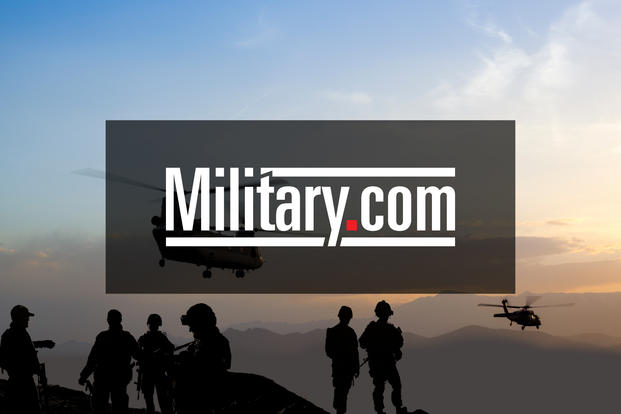Joint Chiefs Chairman Gen. Joseph Dunford held a military summit Tuesday with his Russian and Turkish counterparts to prevent clashes between their countries' forces and the factions they support in Syria, and to sort out the next steps in the anti-ISIS campaign.
The immediate concern is the tactical situation in and around the northeastern Syrian town of Manbij, where various and opposing forces supported by the U.S., Russia and Turkey have closed to "within hand grenade range of one another," according to Army Lt. Gen. Stephen Townsend, commander of Combined Joint Task Force-Operation Inherent Resolve.
The first tripartite talks involving Dunford; Gen. Valery Gerasimov, chief of the Russian general staff; and Gen. Hulusi Akar, chief of the Turkish general staff, were to continue Wednesday in Turkey's Mediterranean coastal city of Antalya, Turkish officials said.
Over the weekend, the U.S. moved a small number of troops and several Stryker combat vehicles into Manbij to support the Manbij Military Council, the mostly Syrian Arab group that has controlled the town since the ouster of the Islamic State of Iraq and Syria last year.
The forces of the regime of Syrian President Bashar al-Assad, backed by Russian airpower and some ground elements, have now moved to the western outskirts of Manbij amid reports that the Manbij Military Council has agreed to cede several outlying villages to them.
At the same time, the Turkish military, allied with the Free Syrian Army militias, have been threatening to attack Manbij, where they suspect that elements of the Syrian Kurdish YPG, or People's Protection Units, still hold sway.
Turkish officials also fear that Assad's forces near Manbij could serve as a blocking force on the Turkish military to prevent its movement south to join an eventual assault on the ISIS stronghold of Raqqa.
In Antalya on Tuesday, Turkish Prime Minister Binali Yildirim said that "very good coordination is needed" among the Russian, U.S. and Turkish forces "to clear Syria of all terrorist organizations."
"If coordination cannot be achieved, there is risk of a conflict that we do not desire. This is the main objective of the meeting that will continue today and tomorrow," Yildirim said, according to Turkey's Hurriyet newspaper.
In a separate interview with Turkey's ATV television, Yildirim said he is particularly concerned about the potential for clashes in Manbij unless the various forces agreed to cooperate. In Manbij, "the U.S. is raising a flag, Russia is raising a flag nearby; things have turned into a flag competition," he said.
The Manbij dilemma emerged as Turkish President Recep Tayyip Erdogan prepared to visit Moscow on Thursday, accompanied by Defense Minister Fikri Isik for talks with Russian President Vladimir Putin.
The military summit in Antalya was the second meeting of the Russian and U.S. military chiefs in less than a month. In mid-February, Dunford and Gerasimov met in Azerbaijan in what was described by the Pentagon as an effort to "prevent miscalculation and potential crisis" between their forces in Syria.
The meeting in Azerbaijan was the first face-to-face meeting between Dunford and Gerasimov since the two militaries cut off communications in the wake of Russia's annexation of Crimea in 2014.
Defense Secretary Jim Mattis has thus far expressed skepticism about cooperation with Russia, citing Russia's takeover of Crimea, its support of separatists in Ukraine and its indiscriminate bombing in Syria in support of Assad.
Last month, Mattis told a conference at NATO headquarters in Brussels that Russia would have to "prove itself" before the U.S. and Russian militaries could renew cooperation.
"We are not in a position right now to collaborate on the military level, but our political leaders will engage and try to find common ground," Mattis said, but the U.S. and NATO could only negotiate with Moscow "from a position of strength."
-- Richard Sisk can be reached at Richard.Sisk@Miitary.com.






























